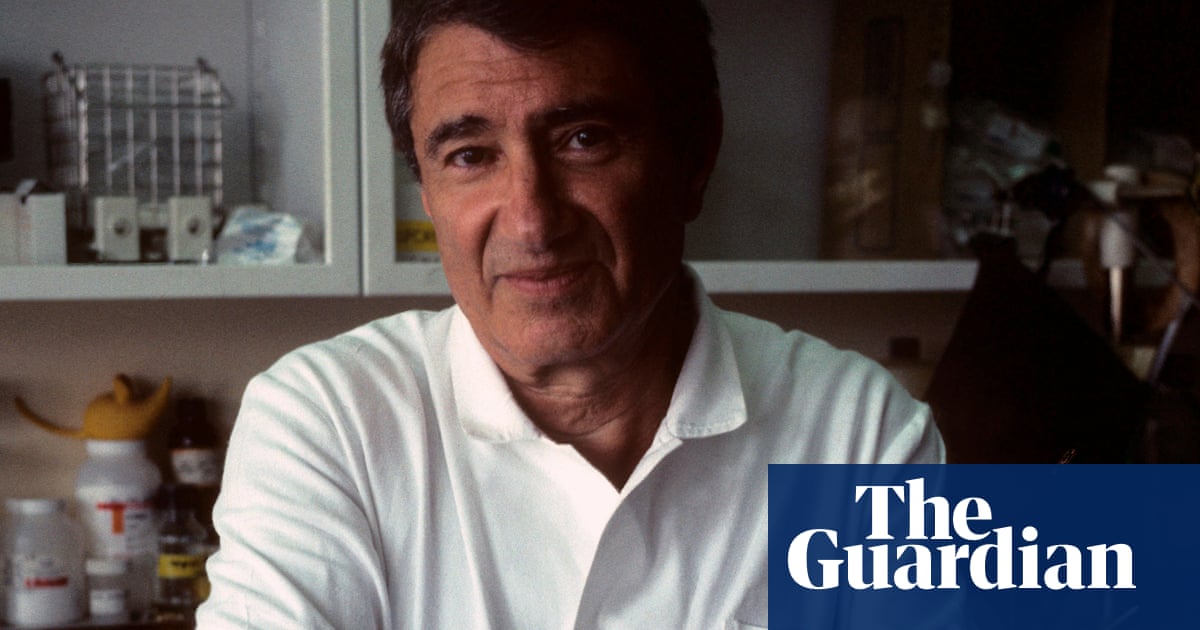French scientist Étienne-Émile Baulieu, the inventor of the abortion pill, has died at the age of 98 at his home in Paris.
The doctor and researcher, who achieved worldwide renown for his work that led to the pill, had an eventful life that included fighting in the French resistance and becoming friends with artists such as Andy Warhol.
“His research was guided by his commitment to the progress made possible by science, his dedication to women’s freedom, and his desire to enable everyone to live better, longer lives,” Baulieu’s wife, Simone Harari Baulieu, said in a statement.
Baulieu’s most famous discovery helped create the oral drug RU-486, also known asmifepristone, which provided a safe and inexpensive alternative to surgical abortion to millions of women across the world.
For decades, he pushed governments to authorise the drug, facing fierce criticism and sometimes threats from opponents of abortion.
When Wyoming became the first US state to outlaw the abortion pill in 2023, Baulieu told AFP it was “scandalous”.
Then aged 96, Baulieu said he had dedicated a large part of his life to “increasing the freedom of women”, and such bans were a step in the wrong direction.
On news of his death, French equality minister Aurore Bergé passed on her condolences to Baulieu’s family, saying on X he was “guided throughout his life by one requirement: human dignity”.
Born on 12 December, 1926 in Strasbourg to Jewish parents, Étienne Blum was raised by his feminist mother after his father, a doctor, died.
He changed his when he joined the French resistance against Nazi occupation at the age of 15.
After the war, he became a self-described “doctor who does science”, specialising in the field of steroid hormones.
Invited to work in the United States, Baulieu was noticed in 1961 by Gregory Pincus,known as the father of the contraceptive pill, who convinced him to focus on sex hormones.
Back inFrance, Baulieu designed a way to block the effect of the hormone progesterone, which is essential for the egg to implant in the uterus after fertilisation. This led to the development of mifepristone in 1982.
Dragged before the courts and demonised by US anti-abortion groups who accused him of inventing a “death pill”, Baulieu refused to back down.
“Adversity slides off him like water off a duck’s back,” Simone Harari Baulieu told AFP.
“You, a Jew and a resistance fighter, you were overwhelmed with the most atrocious insults and even compared to Nazi scientists,” French president Emmanuel Macron said as he presented Baulieu with France’s top honour in 2023. “But you held on, for the love of freedom and science.”
In the 1960s, literature fan Baulieu became friends with artists such as Andy Warhol.
He said he was “fascinated by artists who claim to have access to the human soul, something that will forever remain beyond the reach of scientists.”
Baulieu kept going into his Parisian office well into his mid-90s. “I would be bored if I did not work any more,” he said in 2023.
His recent research has included trying to find a way to prevent the development of Alzheimer’s disease, as well as a treatment for severe depression, for which clinical trials are under way across the world.
“There is no reason we cannot find treatments” for both illnesses, he said.
Baulieu was also the first to describe how the hormone DHEA was secreted from adrenal glands in 1963.
He was convinced of the hormone’s anti-ageing abilities, but drugs using it only had limited effects, such as in skin-firming creams.
In the US, Baulieu was also awarded the prestigious Lasker prize in 1989.
After his first wife, Yolande Compagnon, died, Baulieu married Simone Harari in 2016.
He leaves behind three children, eight grandchildren and nine great-grandchildren, according to the statement released by his family.
